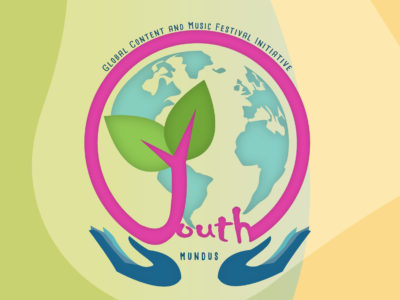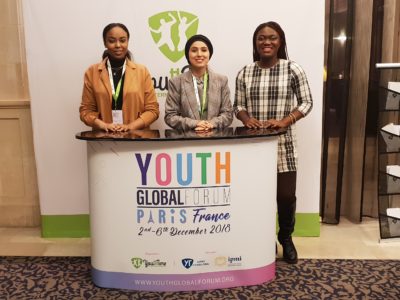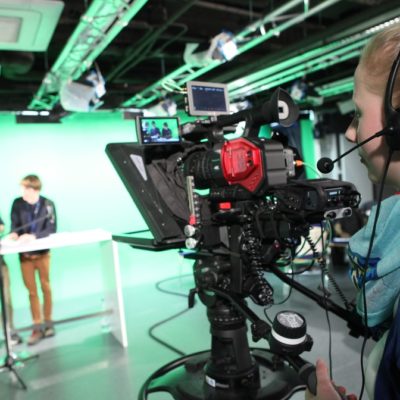Pulitzer Prize winning journalist Russel Baker had a very un- orthodox view of his own craft: “An educated person is one who has learned that information almost always turns out to be at best incomplete and very often false, misleading, fictitious, mendacious – just dead wrong.” While we are discussing the need for journalism to free itself of transporting certain ideas out of economic interest and talking about the manipulative aspects of reporting, we sometimes forget that not everyone has access to basic education. According to the UN Institute for Statistics, some 61 million children around the world do not even have the opportunity to even receive basic education and attend primary school. If we want media literacy, we need to provide education first. Without people who can read and inform themselves there is no public. And without an educated public, there is no critical journalism. There are three years left before the deadline to reach the UN`s ambitious Millennium Development Goals. However, we are nowhere near achieving the second goal, which is universal primary education. Despite great steps in many countries to tackle this issue, the pace of progress is insufficient to ensure that, by 2015, every child completes primary schooling.
As journalists, we should be impartial, yet we are biased in many ways. We consider ourselves the Fourth Estate, the latest addi- tion to Montesquieus original tripartite principle. The watchdog that keeps an eye on the three other powers: executive, legislature, and judiciary. At the 2012 Deutsche Welle Global Media Forum, we heard that the concept of media educating people might not hold much weight in these times of infotainment and increasing flows of information. Although this develop- ment might be the current zeitgeist, we must, as journalists, understand the importance of critical thinking. We also must give people the skills and confidence to support changes for a more just and sustainable word. That is why our team of international journalists not only reported from the conference, but also wrote stories about current events in their respective home countries: from Pakistan to Kenya. We, as the media, have the power to advocate for causes and hold people responsible for their actions. We can also prioritize promoting education as a part of our raison d’être. By doing so, we empower people to gain critical thinking and communication skills. An educated public is not only thoroughly inoculated against manipulation; it is also a safeguard for quality in the future of journalism.


















